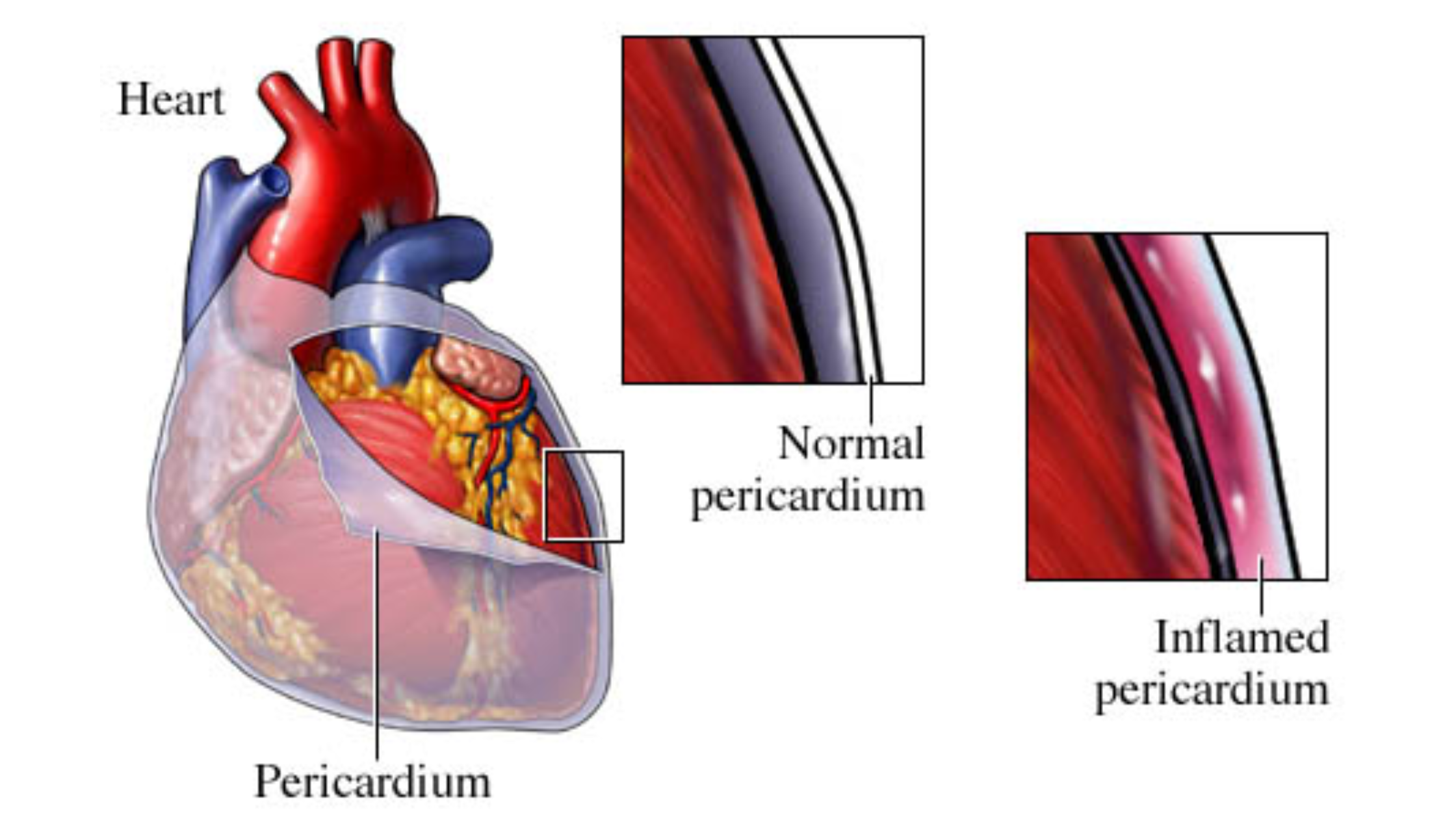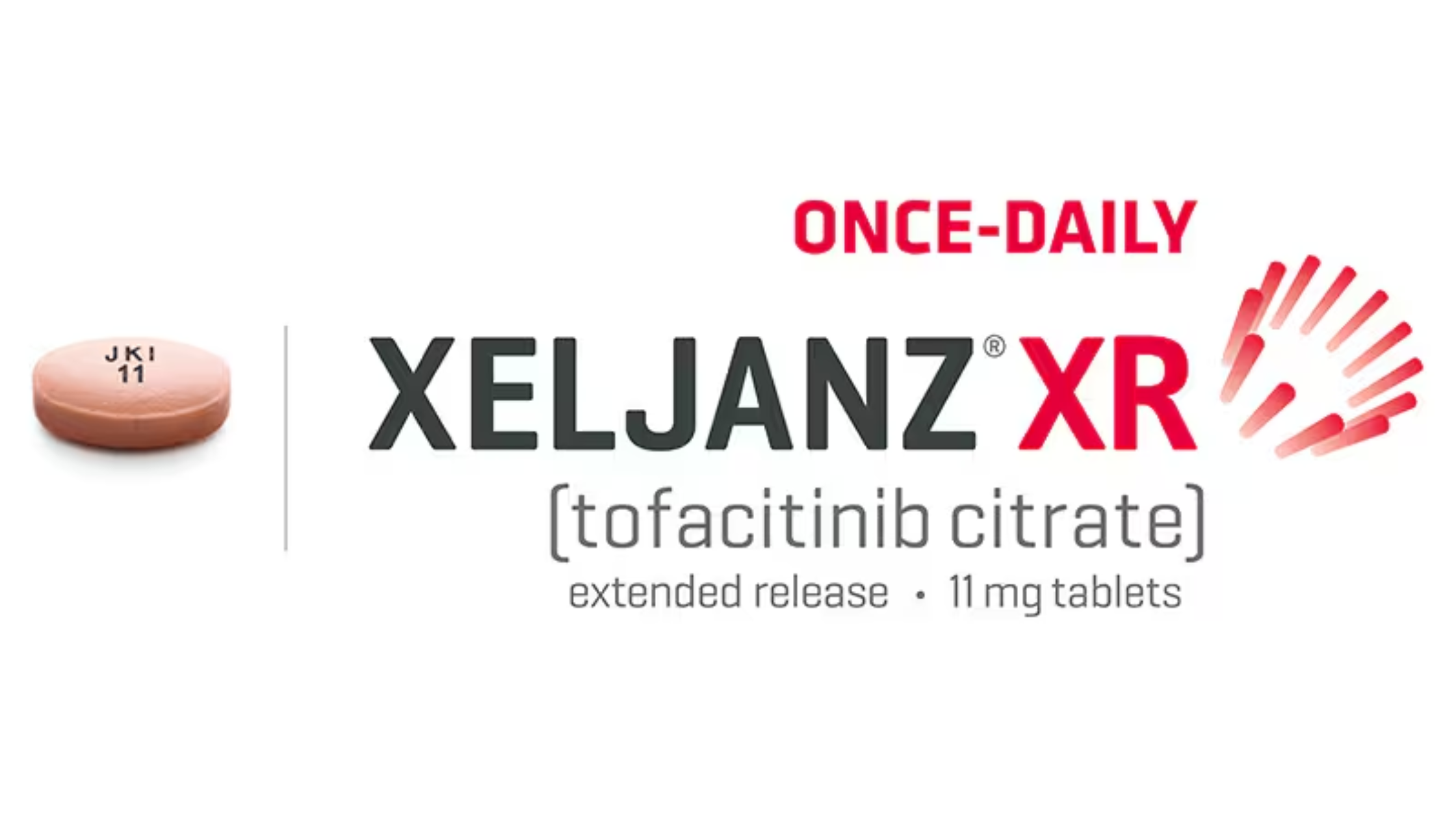Pericarditis is an inflammation of your pericardium, the thin sac-like membrane that surrounds and protects your heart, according to Loma Linda University health. This inflammation often results in sharp, stabbing chest pain, which is the hallmark symptom of the condition. Understanding pericarditis involves recognizing its symptoms, causes, and how it is managed effectively.
Symptoms of Pericarditis
The most common symptom of pericarditis is chest pain. This pain typically has the following characteristics:
- It is sharp or stabbing and usually felt behind the breastbone (sternum) or on the left side of the chest.
- The pain often worsens with deep breathing, coughing, swallowing, or lying down.
- Pain often improves when sitting up or leaning forward.
- It may radiate to the neck, shoulders, or back.
Other symptoms include:
- Low-grade fever
- Fatigue or general feeling of weakness
- Heart palpitations (a sensation of irregular or rapid heartbeat)
- Shortness of breath, especially when lying down
- Cough
- Swelling of the legs, feet, or abdomen in more severe cases
In some cases, fluid can accumulate around the heart, causing pericardial effusion, which may lead to complications like cardiac tamponade—a life-threatening condition that impairs the heart’s ability to pump effectively if untreated.
Causes of Pericarditis
Pericarditis can be caused by a variety of factors, although in many cases, the specific cause is never identified. Known causes include:
- Viral infections (most common), such as Coxsackievirus or other respiratory viruses
- Bacterial infections
- Fungal infections in immunocompromised individuals
- Autoimmune diseases like lupus or rheumatoid arthritis
- Heart attack or heart surgery trauma
- Chest trauma or injury
- Cancer involving the pericardium
- Certain medications
- Metabolic disorders, such as kidney failure leading to uremic pericarditis
Often, despite extensive testing, no cause is found, and the condition is termed idiopathic pericarditis.
Management of Pericarditis
Treatment depends on the underlying cause and severity but typically includes:
- Medications:
- Nonsteroidal anti-inflammatory drugs (NSAIDs) to reduce inflammation and pain.
- Colchicine is often added to prevent recurrence.
- Corticosteroids in resistant or severe cases.
- Hospitalization: Required if complications such as large pericardial effusions or cardiac tamponade develop.
- Pericardiocentesis: A procedure to drain excess fluid if cardiac tamponade occurs.
- Treating underlying causes: Such as antibiotics for bacterial infections or addressing autoimmune diseases is essential.
- Lifestyle adjustments: Rest and avoiding strenuous activities during acute episodes.
Prompt medical evaluation and treatment are crucial as untreated pericarditis can lead to chronic or constrictive pericarditis, where the pericardium thickens and scars, impairing heart function.
In summary, pericarditis is a potentially serious condition characterized by sharp chest pain related to inflammation of the heart’s surrounding sac. Recognizing its symptoms and causes allows for timely management that prevents complications and improves outcomes.
If chest pain is severe, lasts more than a few minutes, or is associated with other alarming symptoms such as shortness of breath or fainting, urgent medical attention is warranted to rule out life-threatening conditions like heart attack.




